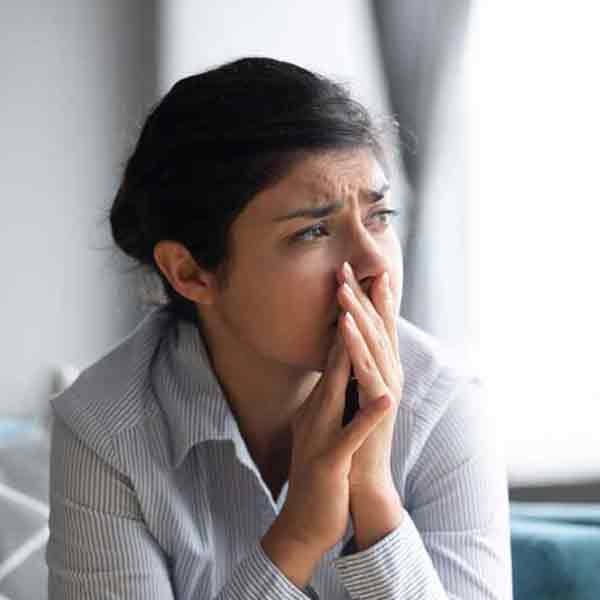Depression Counselling, Windsor
Are You Feeling Depressed?
Depression Help Windsor – Everyone feels sad on occasion. However, if feelings of sadness, helplessness, or apathy invade every moment of your life and leave you feeling isolated, you may be suffering from depression. Depression comes in many forms and may have very different symptoms for different people. The longer depression is left untreated, the more it affects your ability to function in your daily life. Depression can become a disorder that interferes with the way you feel, think, and behave.
Causes of Depression
Before depression can be treated, we need to know the reason you are feeling the way you do. Depression can be caused by both internal and external influences. Sometimes, internal influences can be medical in nature. Hormone imbalance, chemical changes in your body, even some medications can cause the symptoms of depression. Our therapists can help you deal with the symptoms of depression while you are recovering from medical causes of depression, but we need to know how to approach your treatment before we begin.
If your depression is caused by external factors, we will work with you to try to discover the root of your symptoms. Dysfunction in the home, abuse, problems at work, a traumatic event – all can affect your feelings and ability to live. But depression can also cause external situations to worsen and amplify. Frustration at work, for example can lead to feelings and behaviours expressed at work that make the situation even worse. Our therapists can help you stop that cycle.

How Depression Affects You
Depression isn’t just sadness. It can affect every aspect of your life. Depression can be debilitating just like physical pain – you might even experience physical pain as one of your symptoms. Irritability, frustration, lack of sleep, fatigue, and many other symptoms can cause functional difficulties at work, at home, or at school. You may feel helpless, isolated, and antisocial. You may even experience resistance to your feelings – others may tell you that it’s all in your head or that you need to “get over it.” Depression is real and it’s not your imagination.
Symptoms of Depression
- Trouble focusing, remembering details, and making decisions
- Feeling extremely tired, fatigued
- Persistent sad, anxious, or “empty” feelings
- Feelings of guilt, worthlessness, and helplessness
- Pessimism and hopelessness
- Insomnia, early-morning wakefulness, or sleeping too much
- Irritability and/or Restlessness
- Loss of interest in things, including sex
- Overeating, or appetite loss
- Aches, pains, headaches, or cramps that won’t go away
- Ongoing digestive problems
- Suicidal thoughts or attempts
Common Types of Depression
- Major Depressive Disorder
- Persistent Depression Disorder
- Postpartum Depression
- Seasonal Effective Disorder
- Atypical Depression
Clear Path To A Safe Place
Your Clear Path Counselling therapist understands how your feelings affect you. After assessment, your therapist will provide you with a safe and comfortable place to openly discuss how you feel. You will not be alone as you work with your therapist to deal with your depression. In addition to in-person counselling, we also offer online counselling for your convenience.
